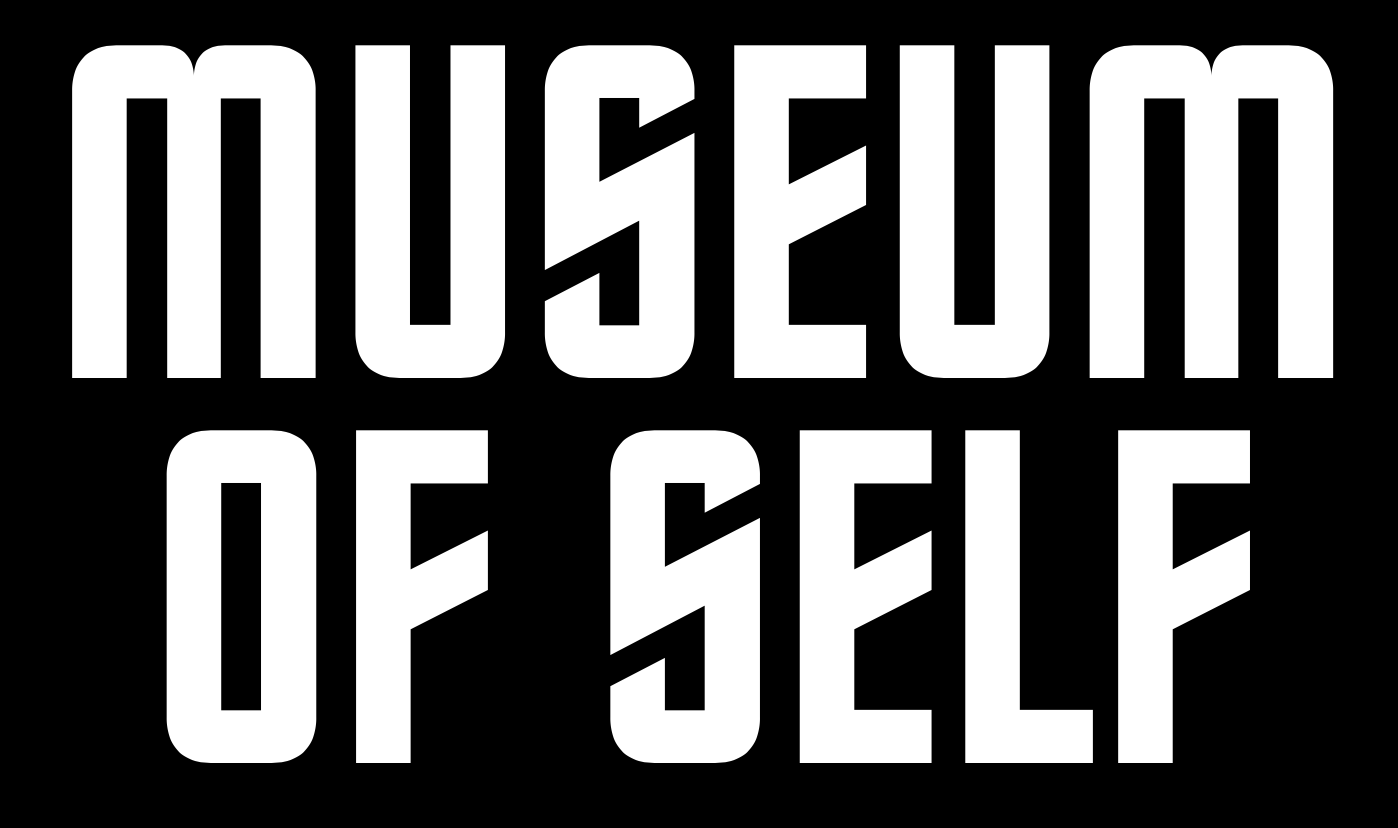Seeing Your Worldview
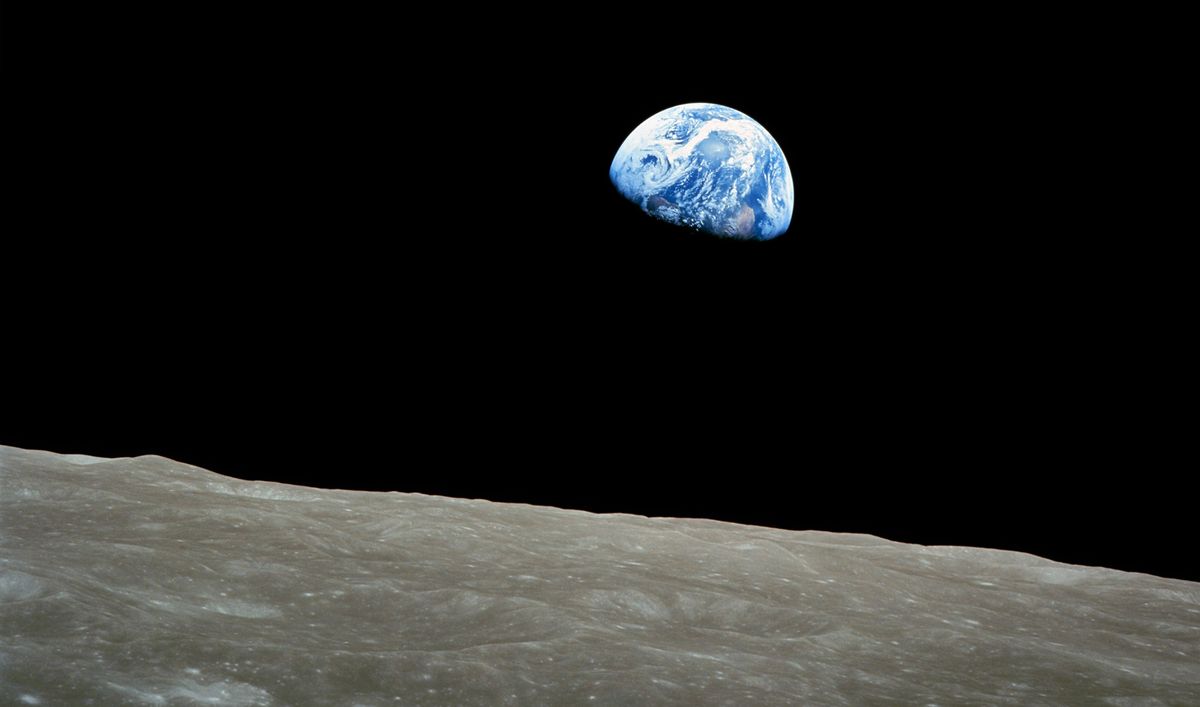
Hi Beautiful Humans,
Hope 2023 is starting well for you.
As Museum of Self is dedicated to deepening humanity's self understanding, one admittedly heady yet important way to know ourselves is by articulating our worldview.
To that end, this week's existential exploration continues to dig into worldviews. And below this brief archeology of the psyche, you'll find the latest Museum of Self podcast with Michelle Holliday (or feel free to jump right in) and our artifact of the week.
WTF Are Worldviews?
Understanding my worldview strikes me as important, yet rather elusive. Elusive as worldviews are at the edges of our understanding (perhaps even underneath our sense making strategies) and take a rather deep inquiry to articulate.
Here's a suggested definition for worldview:
Worldview is the set of beliefs you hold about the world, informs how you make sense, and guides actions you take.
What kinds of beliefs? Around big philosophical areas such as ontology/metaphysics/theology, existentialism, ethics and relationships.
Sketching Worldviews
If you asked me how to sketch a worldview, I'd suggest something like this list of big questions (to sound *legit*, LBQ if anyone asks):
- How was the universe created?
- What happens when you die?
- Is there a divinity/god/greater force?
- What is the purpose of life?
- What is the purpose of your life?
- How do I decide what’s important?
- How do I decide what's right/wrong?
- How can social and societal challenges be ameliorated?
- Where do I draw the line between myself and others?
- How do my answers above relate to nature, community, friends, and family?
Now the tricky part - if you're like me, when exploring these questions some of the deeper beliefs in my answers are mostly unconscious, or semi-conscious as somatic experience and rather vague intuitions. Or perhaps my verbal answers are ambiguous. Yet for me, some beliefs are more clear. For example, I grew up as a Jewish atheist, yet having changed through experience, would now say I'm agnostic and leaning towards the existence of a divine force.
Worldview & Selfview
Why does articulating your worldview matter?
"We see the world, not as it is, but as we are". - Steven Covey
The set of beliefs in your worldview filters the way you experience the world and informs your day to day "selfview" or the beliefs you hold about yourself - which determine a lot: from which roles you feel are important to take on, to the background context for your decisions and behavior. And as you interact with the world through your decisions & behavior, your experience of the world in turn shapes your worldview.
Here's a simple visual of this cycle:
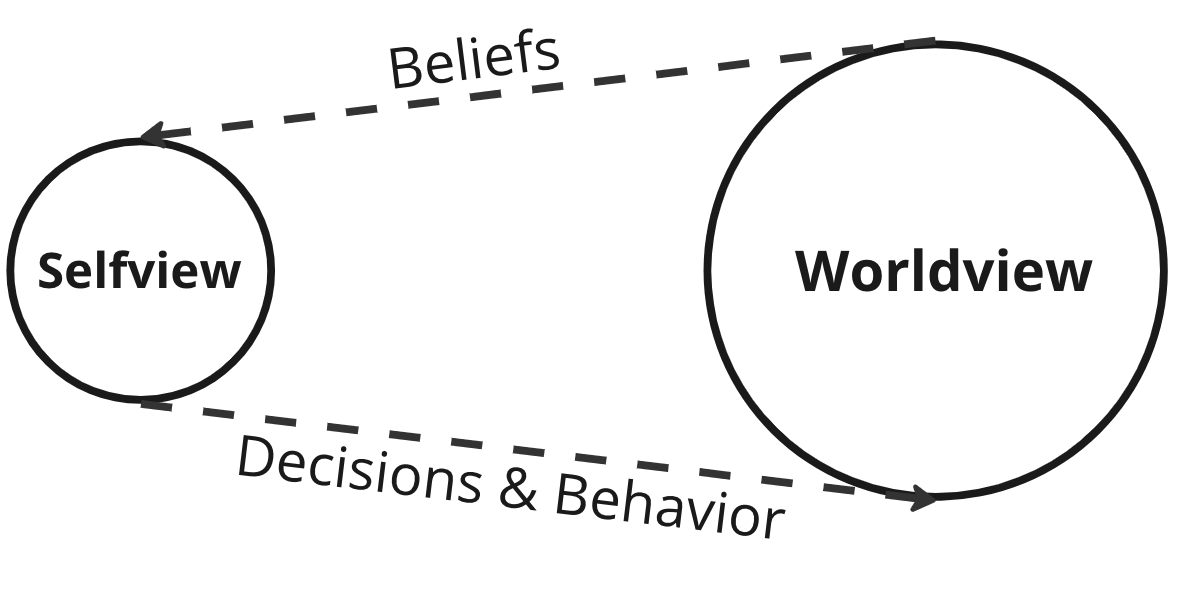
Worldview Diversity
One thing that I find truly amazing about humanity is the diversity.
What does a godfearing ISIS member have in common with an atheist software engineer? What about an indigenous leader and a Christian politician? A teenager in Colombus and a teenager in rural Pakistan? They all have worldviews.
The thing is, these worldview vary dramatically. The challenge isn't that we have different worldviews, it's that people tend to think their worldview is the correct one.
For those interested in understanding themselves, making your own worldview more explicit will bring insight into yourself. Yet something else may also occur in the process – you may shift your relationship to your worldview, realizing it's a dynamic perspective that evolves and perhaps most importantly - it isn't the only correct worldview.
New Museum of Self Podcast
Speaking of worldviews, I had the honor of interviewing Michelle Holliday about her book The Age of Thrivability which argues there's a new worldview emerging - one that integrates previous worldviews of the past. You can listen to our conversation here.
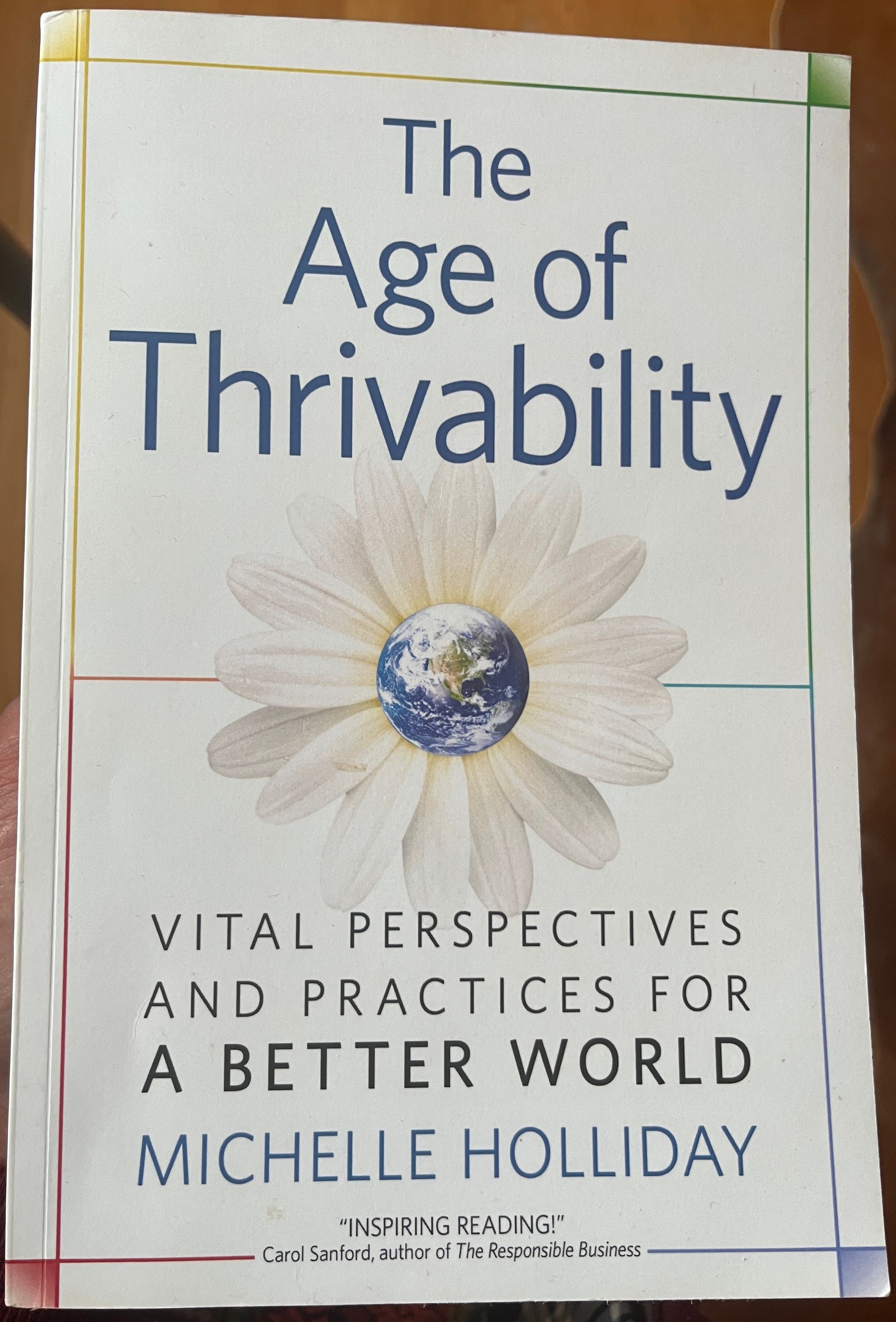
Quote from Michelle I'm Pondering
The current mechanistic story is that the world operates as a clockwork universe where everything can be predicted and controlled. Where we are separate from each other and nature... the mechanistic story is so all pervasive it's hard recognize. If we can't recognize it then we can't question it or challenge it. It becomes the assumption that this is the way things are, that this is human nature. -- Michelle Holliday
Artifact of the Week
Artifacts in Museum of Self are psychoactive works, that invite us into the question "what am I?".
The prophecy of Shambhala is an eight minute video with Joanna Macy, an ecology activist & buddhist scholar telling the Tibetan Buddhist prophecy of the Shambhala warrior.
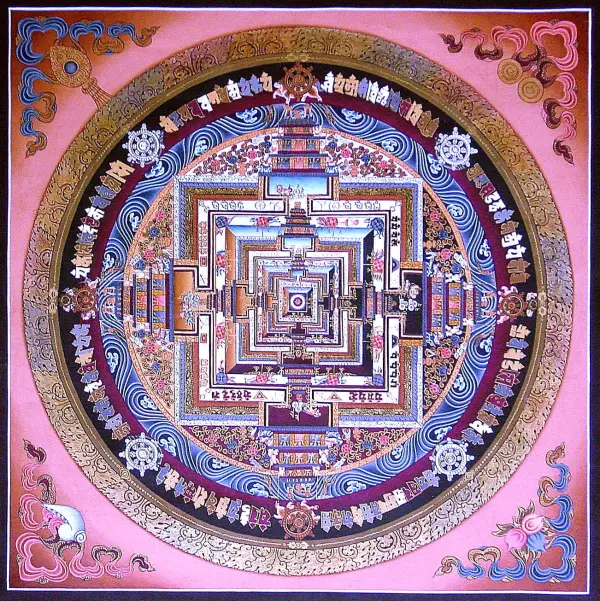
In this moving story, she names the deep wisdom of knowing our fundamental interdependence, a belief that stands outside the mainstream western worldview.
What other beliefs are important to consider for the times we live in?
Have a great week, beautiful humans.
David Zangwill, human @ Museum of Self
